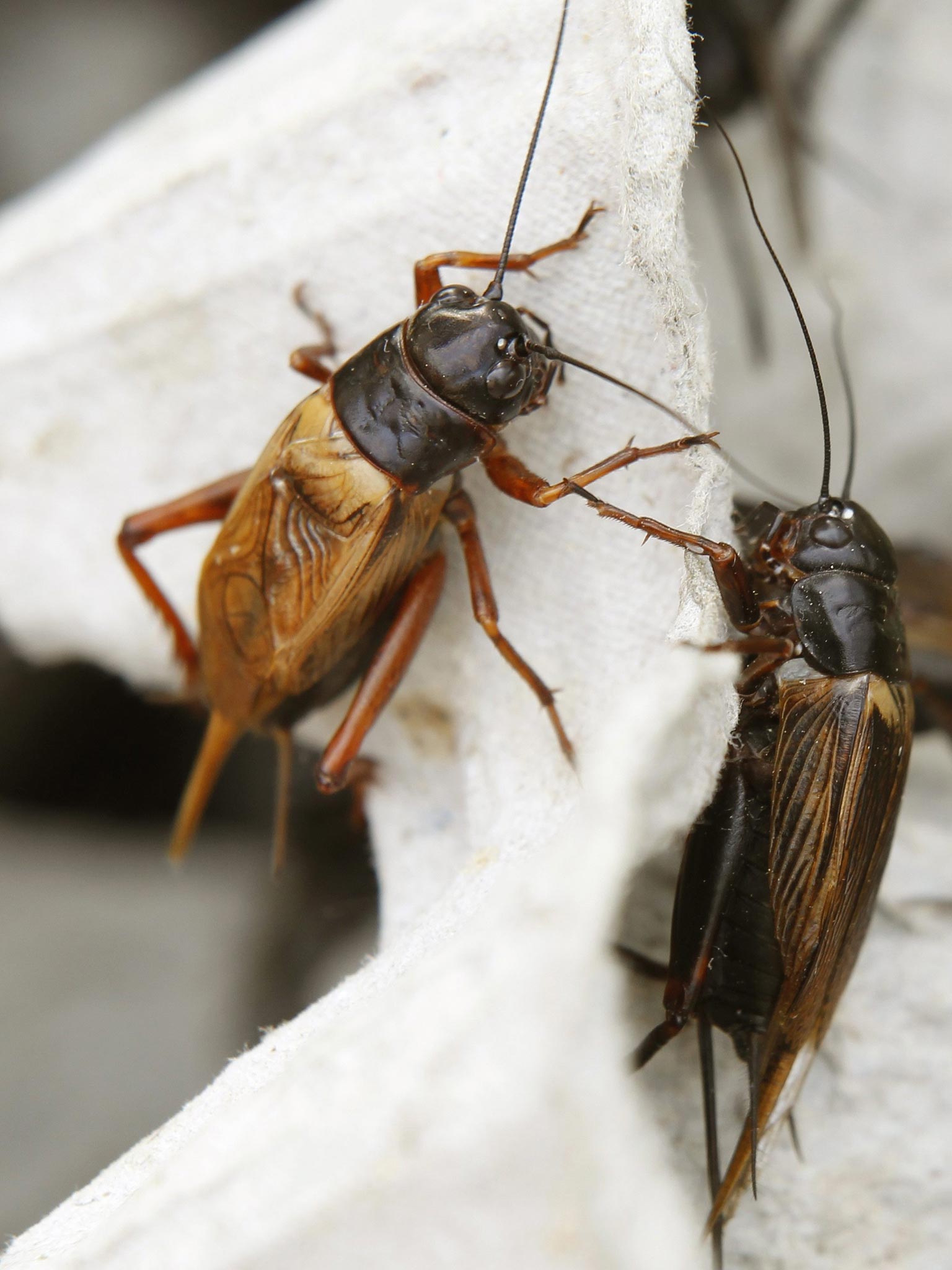The Independent's journalism is supported by our readers. When you purchase through links on our site, we may earn commission.
Billions of insects are having gay sex 'accidentally' say scientists
Research is suggesting insects who engage in homosexual acts have mistaken their partners gender

Your support helps us to tell the story
From reproductive rights to climate change to Big Tech, The Independent is on the ground when the story is developing. Whether it's investigating the financials of Elon Musk's pro-Trump PAC or producing our latest documentary, 'The A Word', which shines a light on the American women fighting for reproductive rights, we know how important it is to parse out the facts from the messaging.
At such a critical moment in US history, we need reporters on the ground. Your donation allows us to keep sending journalists to speak to both sides of the story.
The Independent is trusted by Americans across the entire political spectrum. And unlike many other quality news outlets, we choose not to lock Americans out of our reporting and analysis with paywalls. We believe quality journalism should be available to everyone, paid for by those who can afford it.
Your support makes all the difference.It’s all a case of mistaken identity, scientists researching the homosexual tendencies of billions of insects have concluded.
Scientists are now claiming the long observed practice of insects and spiders of the same sex mating is actually accidental, despite up to 85 per cent of male insects engaging in homosexual acts.
Instead the bugs are in such a rush to reproduce - one of the strongest evolutionary drives - they do not take enough time to inspect their potential mate’s gender, often leading to same-sex mating.
The collaborative study, published by Doctor Inon Scharf of Tel Aviv University and Doctor Oliver Martin of ETH Zurich University in the journal of Behavioural Ecology and Sociobiology, found spiders and insects have not evolved to properly discriminate in their mating choices.
They reviewed past studies of 110 species of male insects and spiders and found there is almost no evolutionary advantage to insect homosexuality, unlike birds and some mammals.
“It is unclear what role evolution plays in this curious situation. Like heterosexual behavior, it takes time and energy and can be dangerous - and it lacks the potential payoff of procreation,” the authors noted.
“Insects and spiders mate quick and dirty,” Dr. Scharf said in August, before the study was published on 21 October. “The cost of taking the time to identify the gender of mates or the cost of hesitation appears to be greater than the cost of making some mistakes.”
In the study, researchers propose that insect homosexual activity actually occurs because males carry pheromones from previous sexual activities with other females, and it is this that may also attract a male insect to another male.
"Homosexual behavior may be genomically linked to being more active, a better forager, or a better competitor," Dr Scharf added. "So even though misidentifying mates isn't a desirable trait, it's part of a package of traits that leaves the insect better adapted overall."
Join our commenting forum
Join thought-provoking conversations, follow other Independent readers and see their replies
Comments